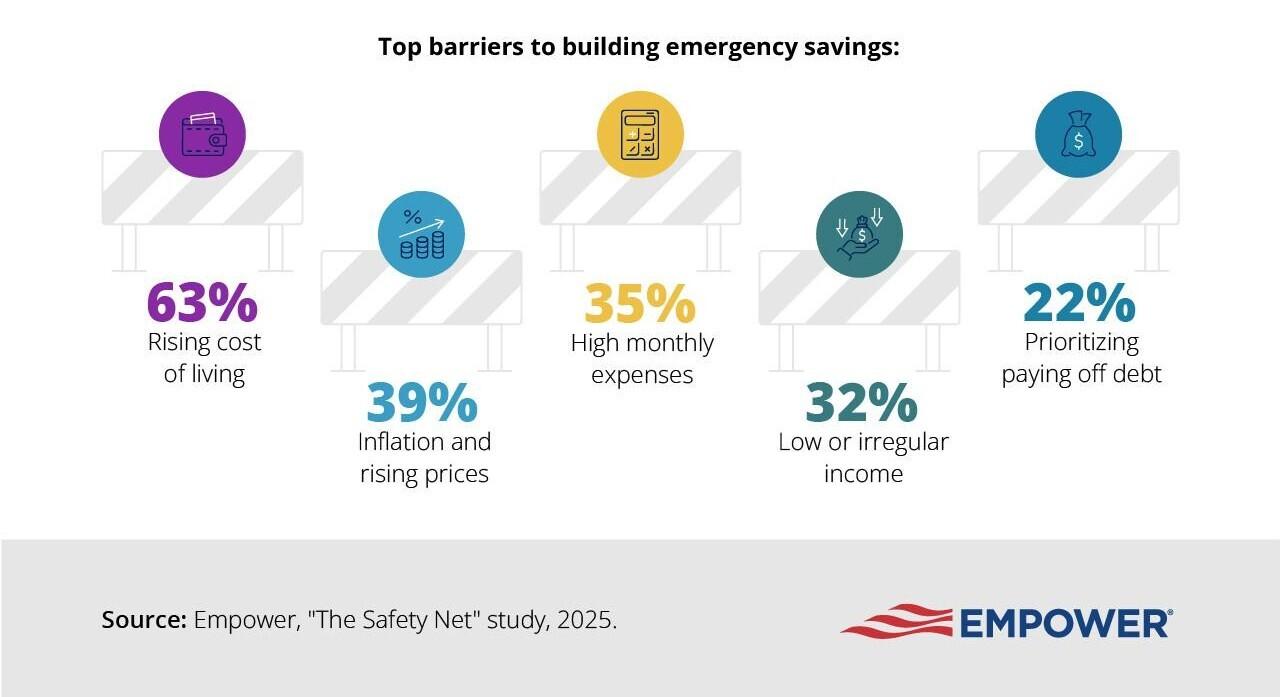The Currency
Americans have a median of $500 saved for unexpected expenses. Here’s what people think are getting in the way of saving:
Americans have a median of $500 saved for unexpected expenses. Here’s what people think are getting in the way of saving:
Saying “I do” to separate finances
Life
Theme Slug
category--life
Pathauto Slug
life
More couples are moving away from merging money as a way to reduce stress, preserve independence, and still support shared goals.
🗺️ Go the distance
Money
Theme Slug
category--money
Pathauto Slug
money
Vacationing at "destination dupes" can save travelers nearly $2,300 on average. Here's this week's money news.
How to spend your tax refund
Money
Theme Slug
category--money
Pathauto Slug
money
Here are five ways to use your tax refund as a tool for investing in your future.
















